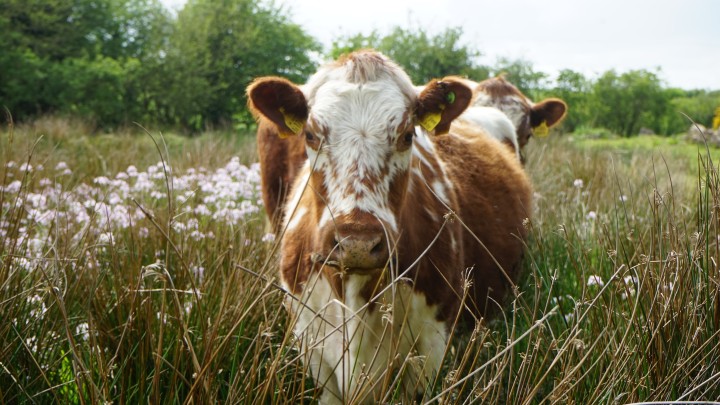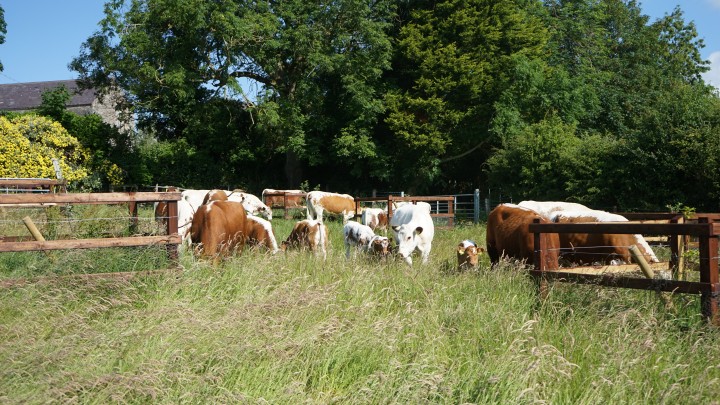At a time when so much of the farming sector seems plunged into doom and gloom, NFFN member Andrew McKee explores how working in a nature-friendly way gives him much more hope and positivity for the future, even if that does mean being something of an outlier in rural communities.
It's fair to say that aiming to farm cattle in a low-input, regenerative way isn't something that sits easily with a lot of people here in Northern Ireland (my dad being one of them).
And being a beef farmer who thinks we should all be reducing the amount of meat in our diet definitely isn’t that common!
However, despite some of my opinions being rather different from mainstream thinking, the way I farm also gives me an optimism and hope for the future which is increasingly precious in a farming environment surrounded by negativity and worry.
My brother Nigel and I grew up in a farming family, but the farm wasn’t passed down to my dad so I headed to London to spend a decade working as a property investment analyst.
However, I gradually tired of the city rat race and longed to return home. The grass definitely seemed to be greener on the other side of the Irish Sea, so when the opportunity came up to buy a smallholding close to home I knew I had to do whatever it took to snap it up.
That was four years ago. Since then, Nigel and I have gone from zero to looking after a herd of 30 Irish Moiled cattle.
Also known as the Moilie, the Irish Moiled is a rare native breed that is perfectly suited to a nature-friendly system. They are hardy, thrive on marginal ground, calve easily, have an excellent temperament and produce delicious marbled meat without needing meal or expensive silage.




